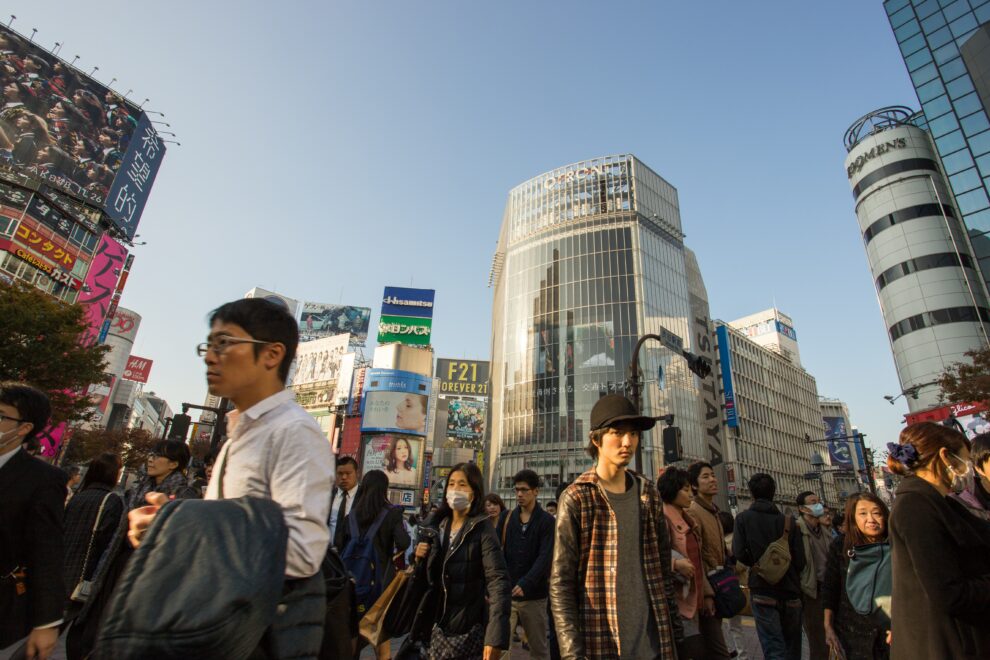Japanese inflation slowed less than expected to two percent in January, data showed Tuesday, hitting the central bank’s target and firming expectations of an end to its outlier negative rates policy.
Other major central banks including the US Federal Reserve have hiked borrowing costs because of rising prices since Russia’s invasion of Ukraine two years ago, and may soon start cutting again.
But haunted by decades of deflation, the Bank of Japan has stuck to its unorthodox sub-zero interest rates.
The nation slipped into a technical recession in late 2023, and the bank views current inflation as driven by temporary factors like higher energy costs.
Instead, it wants to see more evidence of a “virtuous cycle” of price increases fuelled by demand and higher wages.
According to government data released Tuesday, consumer prices rose 2.0 percent year-on-year in January from 2.3 percent in December, the third straight monthly easing.
The dip in the core consumer price index (CPI), which does not include volatile fresh food prices, was slightly less pronounced than expected, with economists polled by Bloomberg predicting 1.9 percent.
But the reading continued a broad trend of cooling inflation over the past year.
The last time CPI stood below the Bank of Japan’s two-percent inflation target was in March 2022, when prices rose 0.8 percent year-on-year.
Since then, inflation had increased to as high as 4.2 percent in January 2023 before gradually easing to 2.3 percent in December.
In 2023, it averaged 3.1 percent — the highest since 1982.
The January data “will support market speculation for an April rate hike”, ING economists said, although inflation could still be “choppy” in coming months.
“Moreover, Governor (Kazuo) Ueda mentioned last week that he believes that the Japanese economy is in a virtuous cycle where inflation will rise and wage growth and employment will strengthen,” ING added.
Japan’s economy shrank an adjusted 0.1 percent quarter-on-quarter in the last three months of 2023, according to preliminary government data released this month.
Growth for the third quarter was also revised downwards to negative 0.8 percent, meaning that Japan was in technical recession in the second half of last year.
The data also confirmed that Germany overtook Japan in 2023 as the world’s third-biggest economy in dollar terms, although this was due mostly to the sharp fall in the yen.
Marcel Thieliant at Capital Economics said the new inflation reading even brings a possible rate hike in March into play, although the following month remains “more likely”.
“For one thing, inflation will jump well above two percent in February as base effects from the launch of energy subsidies a year ago kick in, which would allow the bank to tell a more compelling story that inflation remains strong,” Thieliant said.
“What’s more, the bank will present forecasts for FY2026 for the first time at its April meeting, which allow it to signal that it expects its two percent inflation target to be sustained in the long run,” he added.
